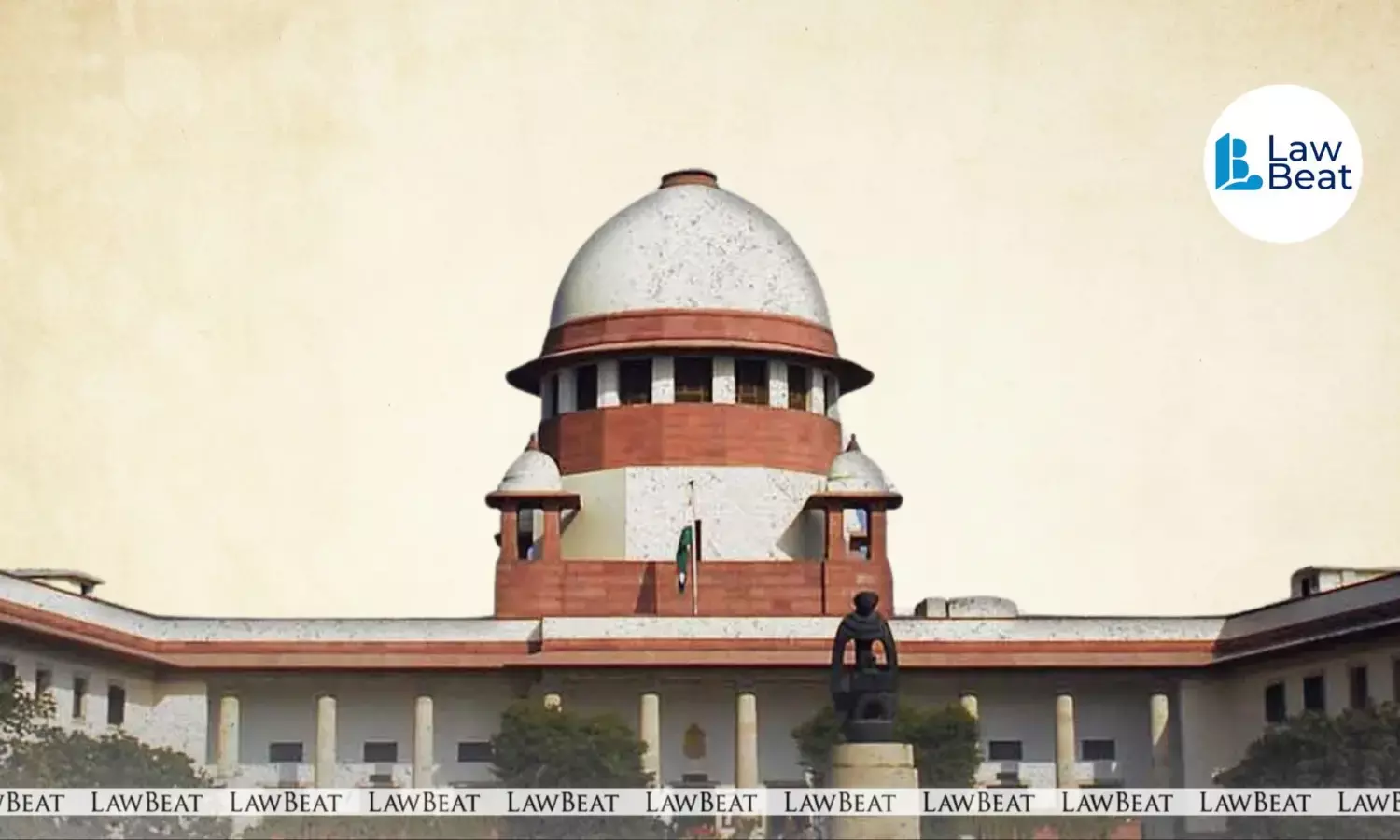SC Clarifies Limitation In Arbitration: Clock Starts On Disposal Of Section 33 Plea

The Supreme Court has clarified that the computation of limitation under the Arbitration and Conciliation Act, 1996 cannot be construed in a hyper-technical or subjective manner and must rest on objective, determinable parameters.
The Court held that when a request for correction or interpretation under Section 33 is made, the limitation period under Section 34(3) for filing an application to set aside an arbitral award begins from the date of disposal of such request, regardless of whether it is allowed or dismissed.
A bench of Justices J.B. Pardiwala and K.V. Viswanathan delivered the ruling on August 19, 2025, while setting aside a Bombay High Court order that dismissed Geojit Financial Services Ltd’s appeal under Section 37 for being time-barred.
The High Court had taken the view that the limitation period ran from the date of receipt of the arbitral award, holding that the appellant’s Section 33 application did not fall within its scope.
The Supreme Court disagreed, holding that such interpretation was contrary to the statutory language. It reiterated that Section 34(3) of the Act prescribes two scenarios for computing limitation: three months from the date of receipt of the arbitral award, or, where a request under Section 33 has been made, from the date of its disposal by the arbitral tribunal.
The proviso allows an additional 30 days for sufficient cause.
Referring to its decision in Ved Prakash Mithal and Sons v. Union of India and later in USS Alliance v. State of U.P., the Court emphasized that the expression “disposed of” in Section 34(3) encompasses both acceptance and rejection of a Section 33 application.
“The expression does not merely refer to an award which is ultimately corrected or modified. It refers to all scenarios where, after consideration of an application fulfilling the twin conditions of Section 33, being made within thirty days of the award and with notice to the other party, the application was disposed of by the tribunal, even if dismissed,” the Court said.
The Court underscored that neither the date of passing or receipt of the original award nor the date of receipt of a corrected award is relevant.
“What is of significance under Section 34(3) is the date on which the application or request under Section 33 came to be disposed of by the arbitral tribunal,” it held.
It clarified that for computing limitation, it is immaterial whether the request strictly fell within the scope of Section 33.
“The reason for dismissal of an application filed under Section 33 cannot form a yardstick for determining when limitation would commence,” the bench observed, adding that the law of limitation must maintain “a formulaic understanding comprehensible to litigants,” not a subjective approach contingent upon the tribunal’s opinion on maintainability.
The Court distinguished its earlier ruling in State of Arunachal Pradesh v. Damani Construction Co. (2007), noting that in that case no formal application under Section 33 was filed; rather, a letter seeking review and clarification beyond Section 33’s scope was addressed to the arbitrator.
Therefore, Damani Construction did not apply where an application meeting Section 33’s procedural requirements was made.
Conclusively, the Court held that (i) if no Section 33 application is filed, limitation runs from the date of receipt of the award; (ii) if a Section 33 application is filed within time and with notice, limitation runs from the date of its disposal, irrespective of the outcome; and (iii) any other interpretation would do “violence to the plain and unambiguous language” of Section 34(3).
Accordingly, the appeal was allowed, the impugned High Court order was set aside, and the matter remanded for fresh consideration on merits.
Case Title: Geojit Financial Services Ltd. v. Sandeep Gurav
Date of Judgment: August 19, 2025
Bench: Justices J.B. Pardiwala and K.V. Viswanathan
